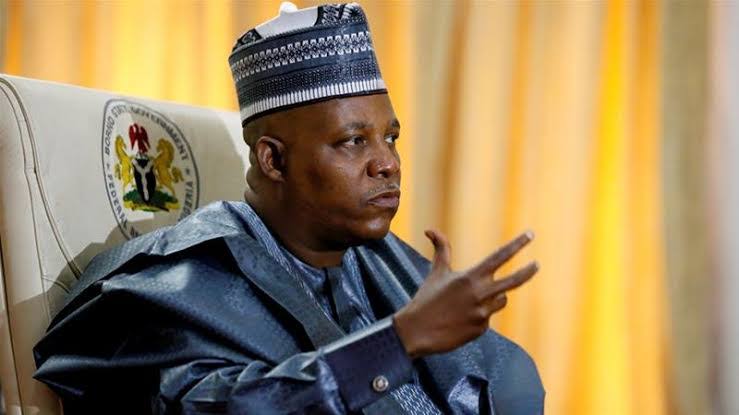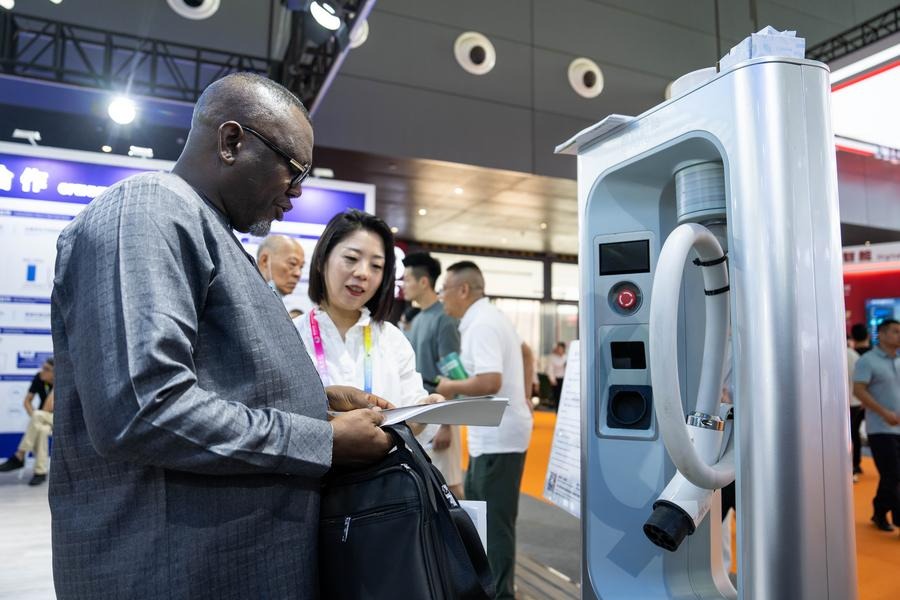The AfricaNenda Foundation’s SIIPS 2024 Launch Programme in Accra, Ghana, brought together key stakeholders to discuss one of the most pressing issues facing the continent: Boosting Intra-Africa Cross-Border Payments. The panel, moderated by Sabine Mensah, Deputy CEO of AfricaNenda, featured insights from Dr. Kwasi Osei-Yeboah (Director Financial Stability, Bank of Ghana), Dr. Patrick Olomo (Head of Economic Policy and Sustainable Development, African Union Commission), Ruhling Herbst (Acting Executive Head: Africa Business Development & Strategy and Transformation Officer, BankServAfrica), and Thomas Lammer (Deputy Head of Secretariat-Committee on Payments and Market Infrastructures (CPMI), Bank for International Settlements). The discussion highlighted the challenges, opportunities, and strategies needed to enhance cross-border payments across Africa.
Cross-border payments are a cornerstone of economic integration, particularly in a continent as diverse and dynamic as Africa. With the African Continental Free Trade Area (AfCFTA) aiming to create a single market of 1.4 billion people and a combined GDP of 3.4 trillion USD, seamless cross border payment solutions are essential. However, the current landscape is fragmented, with multiple currencies, regulatory frameworks, and legacy systems like SWIFT dominating the space. The panel emphasised that without efficient cross-border payment systems, the full potential of intra-African trade and economic growth will remain untapped.
The panel drew on global examples to provide insights into how Africa can improve its cross-border payment systems. Thomas Lammer referenced Project Nexus, an initiative by the BIS to interlink instant payment systems across multiples countries. He emphasised the importance of standardisation (e.g., ISO 20022) and governance frameworks to ensure seamless integration between different payment systems.
Similarly, Ruhling Herbst shared lessons from South Africa’s PayShap instant payment system, which has seen rapid adoption since its launch. The success of PayShap demonstrates the importance of market-driven solutions and the need to balance commercial interests with end-user goals.
A recurring theme in the discussion was the need for political will to drive cross-border payment initiatives. Dr. Patrick Olomo emphasised that the African Union’s efforts, such as the PSDA and PAPSS, require strong political support to succeed. He also highlighted the importance of creating a single African payment market that can compete globally.
Ruhling Herbst added that while multilateral arrangements are ideal, bilateral agreements can also play a crucial role in addressing specific challenges. The key is to focus on what works best for each region or country.
The Way Forward: A Continental Village Approach
The panel concluded that boosting intra-Africa cross-border payments is not a sprint but a marathon. It requires patience, commitment, and collaboration across all levels—governments, central banks, financial institutions, and the private sector. As Sabine Mensah appropriately put it, “It’s going to take a Continental Village to make this happen.”
Key steps to move forward include:
In conclusion, the SIIPS 2024 panel discussion underscored the critical role of cross-border payments in driving Africa’s economic integration and growth. While challenges remain, the continent is making significant strides through initiatives like PAPSS, PSDA, and regional payment systems. By leveraging global best practices, fostering political will, and embracing a collaborative approach, Africa can unlock the full potential of its cross-border payment systems and pave the way for a more integrated and prosperous future.
By:
DFS Risk Manager at Ethiopost
AfricaNenda Community of Practice (ANCoP) Ambassador
Established in 2015, is a proud brand of . Learn more about the Instant and Inclusive Payment Systems (IIPS) programme:













